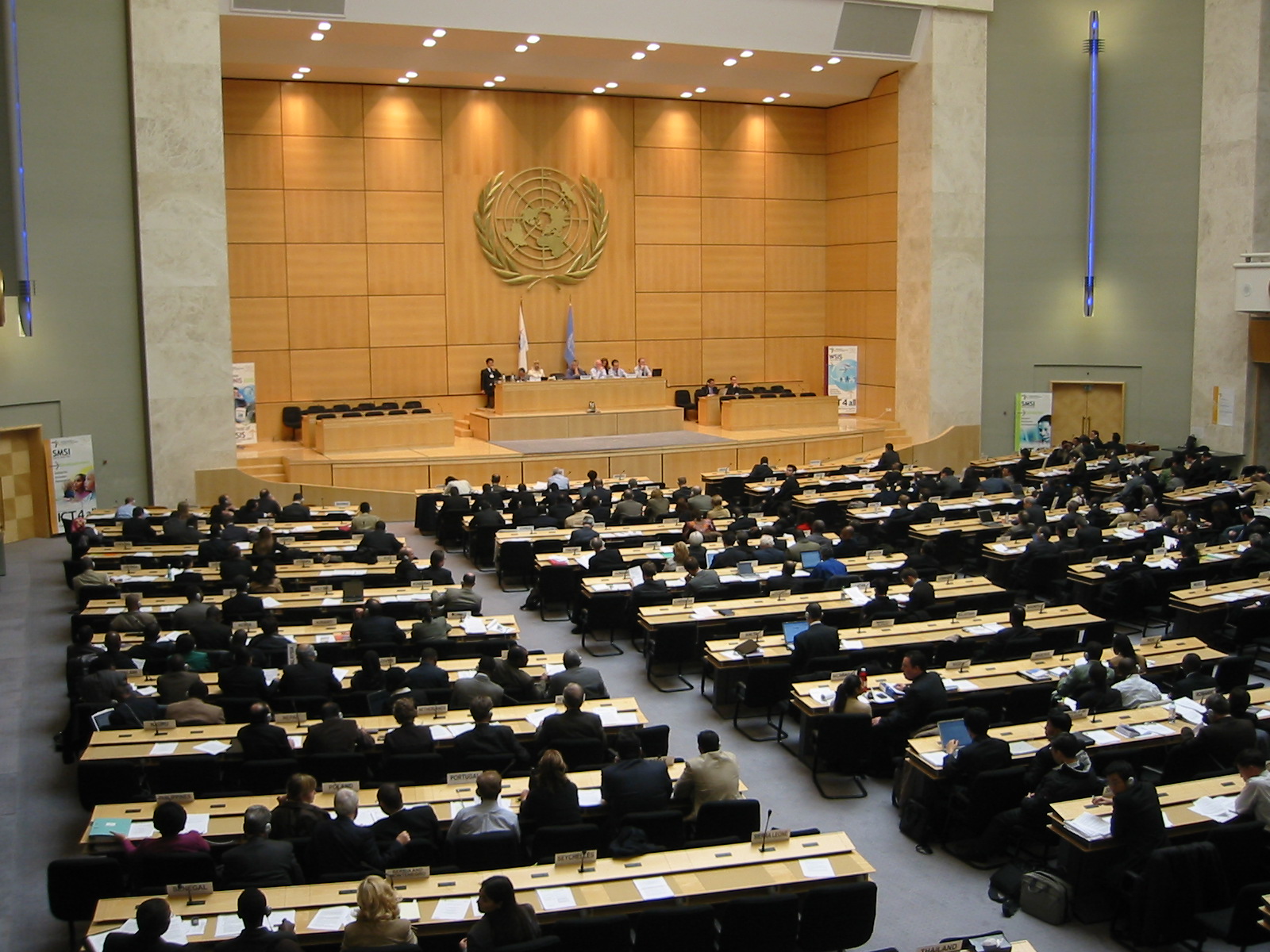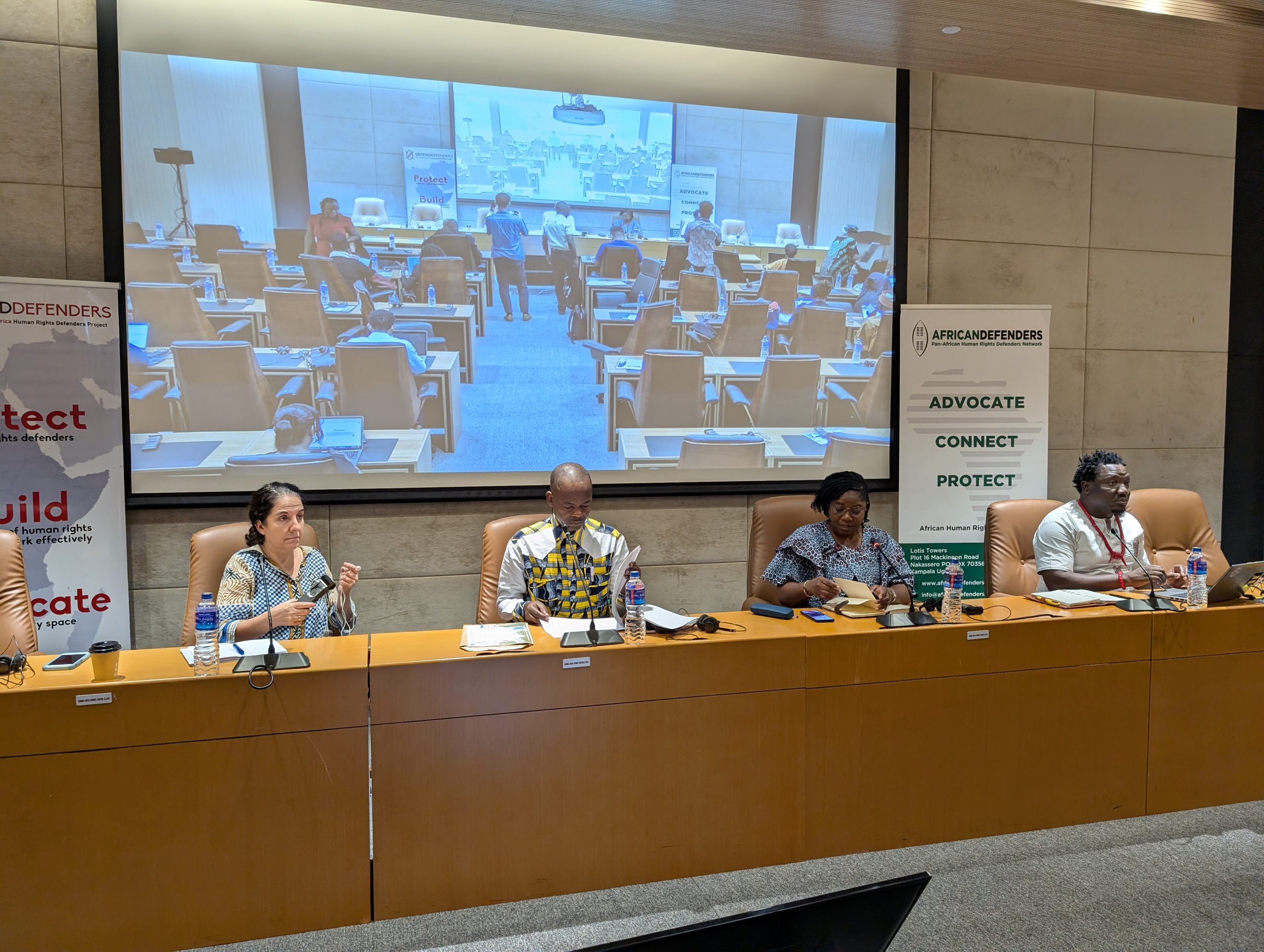On the sidelines of the 81st Ordinary Session of the African Commission on Human and Peoples’ Rights, in Banjul, The Gambia, the International Service for Human Rights (ISHR) co-organised a side event on the ‘Situation of Human Rights Defenders in Côte d’Ivoire’, together with the Coalition Ivoirienne des Défenseurs des Droits Humains (CIDDH), the International Center for Not-for-profit Law (ICNL), the Pan-African Human Rights Defenders Network (African Defenders), and the Réseau Ouest-Africain des Défenseurs des Droits Humains (ROADDH).
In June 2024, Ivorian authorities issued a new, restrictive ordinance regulating civil society organisations (CSOs), which has raised significant concerns. The panel addressed the prohibition imposed on CSOs from operating in any way pending their accreditation by the authorities; the excessively broad and vague grounds on the basis of which a CSO can be dissolved by the State, notably threats to public order, threats to public safety, causing trouble, discrediting State institutions, inciting inter-ethnic tension, disrespecting public morality, etc.; and, finally, the administrative rather than judicial nature of the power to dissolve a CSO, thereby leaving significant discretionary power to the executive.
The panel emphasised that these measures do not comply with international standards on freedom of opinion, expression, assembly, and association. As a result, the work of human rights defenders is severely hindered, in spite of existing legislation on the protection of human rights defenders, which has been in place since 2014.
Additionally, the panel addressed the excessive financial reporting requirements imposed on CSOs, which include obligations for audits and the declaration of all contributions, even for organisations that do not receive public funding. This level of oversight represents a significant interference by the State in the internal administrative and financial management of these organisations.
The discussion also turned to the experiences of LGBTIQ+ individuals and those who defend their rights. A human rights defender provided a moving testimony, recounting being taken hostage and receiving death threats, underscoring the precarious situation many face amidst the so-called ‘zéro woubi’ campaign. The panel further noted that CSOs dedicated to defending the rights of LGBTIQ+ people were systematically denied legal recognition, as their area of work was considered taboo in Ivorian society. This has made it increasingly difficult for these organisations to function and obtain legal registration.
The event concluded with an engaging discussion with attendees, covering the contradictions between current human rights protections and the new ordinance, the possibility of legal recourse to challenge said ordinance, and the absence of investigations into rising homophobic violence. Participants emphasised the importance of public support for all human rights causes, without double standards.
Subsequently, during the plenary of the 81st Ordinary Session of the African Commission, the issue of Ivorian human rights defenders and the particular case of LGBTIQ+ people in the country was addressed by the Chairperson, Commissioner Rémy Ngoy Lumbu, in a speech during a plenary session on the human rights situation in Africa. Commissioner Lumbu is also the Special Rapporteur on Human Rights Defenders in Africa and the Country Rapporteur for Côte d’Ivoire.




